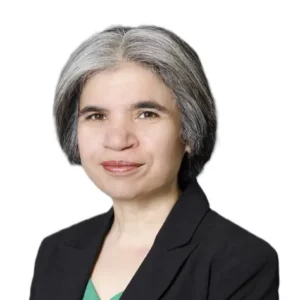Clinic-based therapy has several benefits and advantages which includes:
Structured Approach:
Clinic-based therapy often follows a structured approach that is tailored to the client’s specific needs and goals. This can provide a clear roadmap for therapy and help clients feel more in control of their progress.
Professional Environment:
Clinic-based therapy is conducted in a professional environment, which can provide a sense of safety, comfort, and privacy for clients. It also ensures that therapy is conducted in a controlled and structured environment, which can promote focus and engagement during sessions.
Access to Specialized Equipment:
Clinics may have specialized equipment and resources that are not available in a home or community setting. This can be particularly beneficial for individuals with physical disabilities or those who require specialized equipment to aid in their therapy.
Collaboration with Other Professionals:
Clinic-based therapy provides opportunities for collaboration with other professionals, such as occupational therapists, speech therapists, or social workers. This can lead to a more comprehensive and coordinated approach to care, which can result in better outcomes for clients.
Dedicated Time and Space:
Clinic-based therapy provides a dedicated space and time for therapy, which can help clients separate therapy from other activities in their lives. This can also promote consistency and accountability, as clients are more likely to attend scheduled sessions in a clinic setting.












